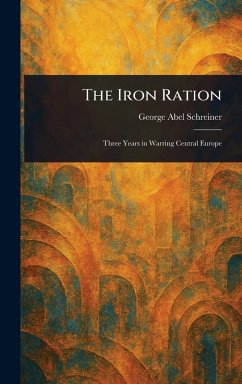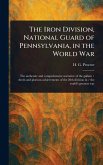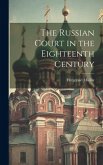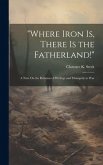"The Iron Ration: Three Years in Warring Central Europe" offers a gripping eyewitness account of Austria during World War One. George Abel Schreiner chronicles the devastating economic impact of the war on Central Europe, focusing on the critical issue of food supply. Explore the daily struggles of a nation grappling with scarcity and the challenges of sustaining itself amidst global conflict. Schreiner delves into the realities of the "iron ration," the meager sustenance provided to the population, and its effect on morale and society. This historical work provides invaluable insights into the economic aspects of World War I, particularly within Austria and the Austro-Hungarian Empire. It is essential reading for anyone interested in World War I history, Central European history, and the economic and social consequences of war. A meticulously prepared print republication, "The Iron Ration" remains a vital historical document, shedding light on a critical period in European history. This work has been selected by scholars as being culturally important, and is part of the knowledge base of civilization as we know it. This work is in the public domain in the United States of America, and possibly other nations. Within the United States, you may freely copy and distribute this work, as no entity (individual or corporate) has a copyright on the body of the work. Scholars believe, and we concur, that this work is important enough to be preserved, reproduced, and made generally available to the public. We appreciate your support of the preservation process, and thank you for being an important part of keeping this knowledge alive and relevant.
Bitte wählen Sie Ihr Anliegen aus.
Rechnungen
Retourenschein anfordern
Bestellstatus
Storno









